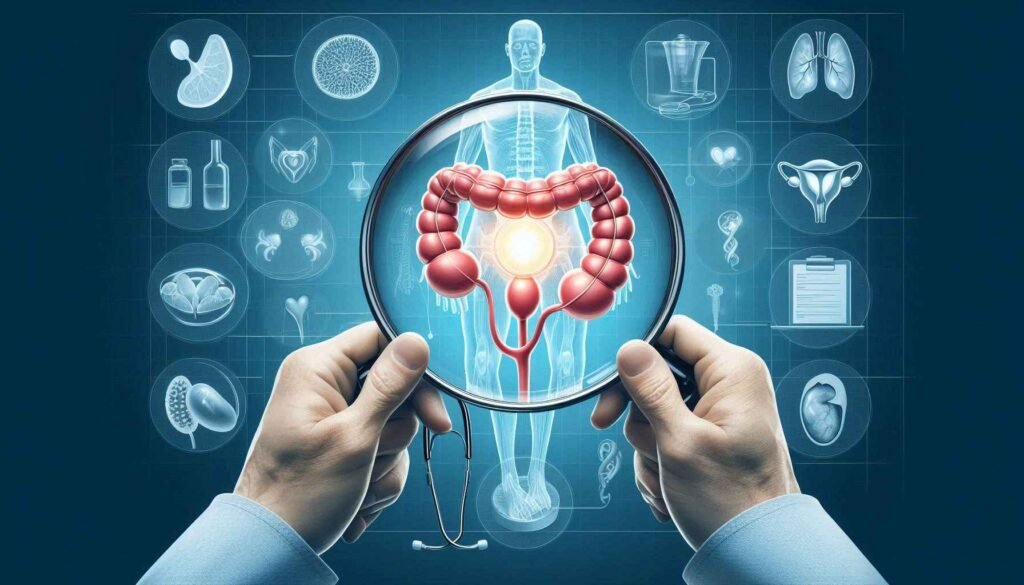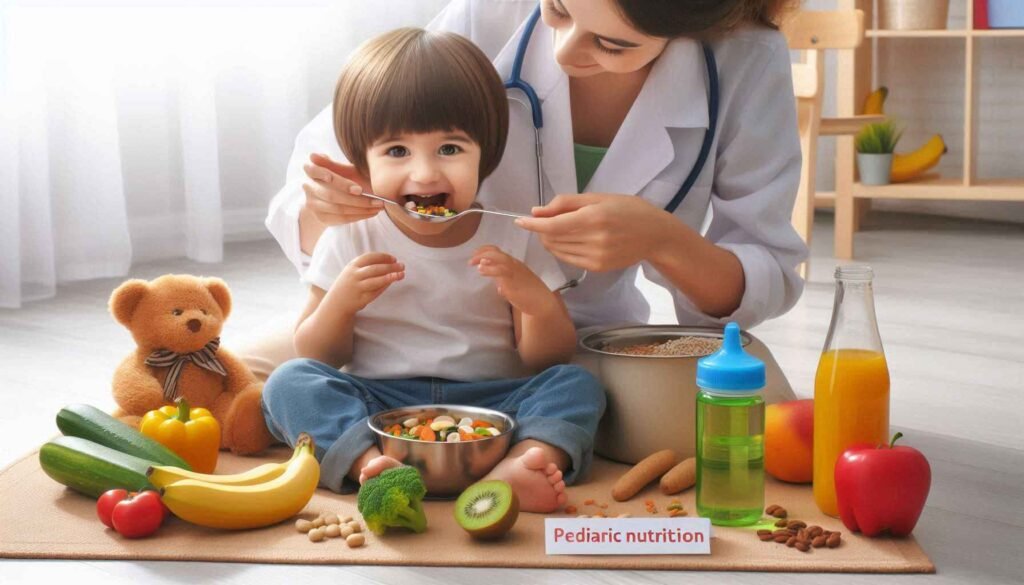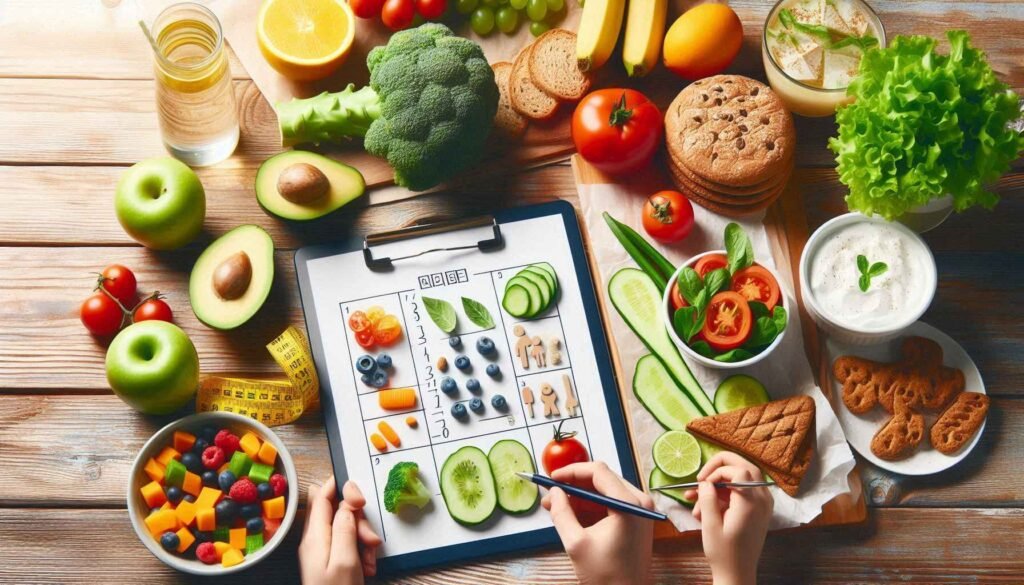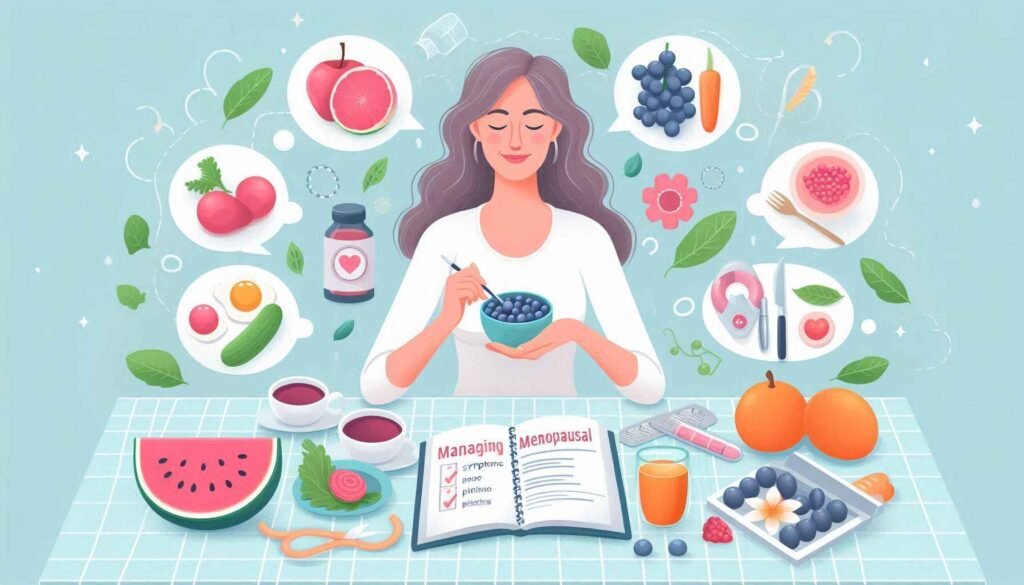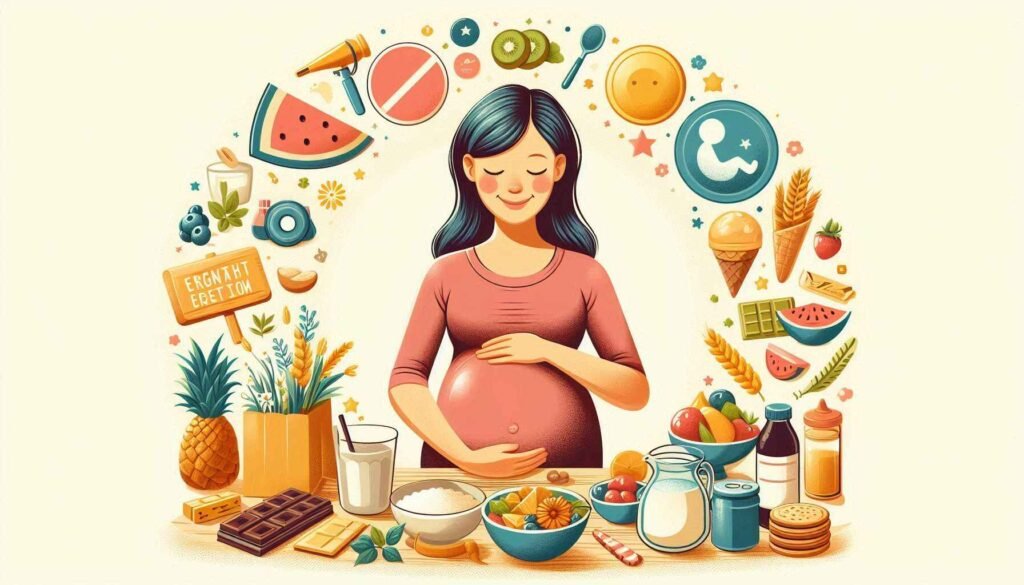
Why Pregnancy Nutrition Matters
Congratulations! Pregnancy is a remarkable journey filled with excitement, anticipation, and, of course, questions about what you should eat to nourish yourself and your growing baby. Your body undergoes incredible changes, and proper nutrition is vital to support both you and your baby’s health. A well-balanced diet during pregnancy provides the energy you need, supports the growth and development of your little one, and helps reduce the risk of complications.
In this blog post, we’ll walk you through essential nutrients to include in your diet, foods to avoid, and practical tips for healthy eating. Whether you’re a first-time mom or an experienced parent, this guide will help you make informed choices for a healthy pregnancy.
The Importance of Nutrition During Pregnancy
During pregnancy, your nutritional needs change significantly. You’re eating for two, not in quantity but in quality. Your baby is growing at a rapid pace, and every nutrient you consume plays a role in building the foundation for a healthy life. Let’s dive into the key nutrients you need and how to get them.
Essential Nutrients: What to Eat
1. Protein: Supporting Growth and Development
Protein is a powerhouse nutrient for both you and your baby. It plays a crucial role in building fetal tissues, including the brain, and maintaining your muscle mass. Aim for at least 71 grams of protein per day to meet these increased demands.
Top Protein Sources:
- Lean Meats and Poultry: Chicken, turkey, and lean cuts of beef or pork are rich in high-quality protein and easy to incorporate into meals.
- Fish: Certain types of fish, like salmon, are not only protein-packed but also contain omega-3 fatty acids, which are crucial for your baby’s brain development. More on fish choices later.
- Eggs: One large egg provides 6 grams of protein and contains choline, another essential nutrient for your baby’s brain.
- Legumes and Nuts: If you’re vegetarian or vegan, beans, lentils, and nuts are great options for plant-based protein.
Quick Tip: Add a handful of nuts or a dollop of Greek yogurt to your morning oats for an extra protein boost.
2. Calcium: Building Strong Bones
Your baby needs calcium to develop healthy bones and teeth, and if you’re not getting enough, your body will take calcium from your bones to support your baby’s needs. Pregnant individuals should aim for 1,000–1,300 mg of calcium daily.
Top Calcium Sources:
- Dairy Products: Milk, cheese, and yogurt are great sources. Choose low-fat options to get the benefits without too many extra calories.
- Leafy Greens: Vegetables like kale, broccoli, and spinach are also rich in calcium and provide additional fiber, which helps with digestion.
- Fortified Foods: If dairy isn’t your favorite, look for calcium-fortified plant milks, juices, and cereals.
3. Iron: Preventing Anemia
Iron is vital for making hemoglobin, the protein in red blood cells that carries oxygen throughout your body and to your baby. During pregnancy, your iron needs double, as your body is working hard to produce more blood.
Top Iron Sources:
- Lean Red Meat: Beef and pork are excellent sources of easily absorbable iron.
- Poultry and Fish: These are good alternatives if red meat isn’t your thing.
- Beans and Spinach: Plant-based options like lentils, kidney beans, and spinach are also rich in iron.
Pairing iron-rich foods with vitamin C-rich foods, such as oranges or bell peppers, can enhance absorption. For example, have a spinach salad with lemon juice dressing for an extra boost.
4. Folate/Folic Acid: Preventing Birth Defects
Folate, or its synthetic form, folic acid, is a must-have nutrient during pregnancy. It helps prevent neural tube defects, which affect the brain and spinal cord. Aim for 600–800 micrograms per day.
Top Folate Sources:
- Dark Leafy Greens: Spinach, kale, and romaine lettuce are excellent sources of folate.
- Citrus Fruits: Oranges, grapefruits, and their juices are high in folate.
- Fortified Cereals and Breads: Many cereals and bread are fortified with folic acid to help you meet your daily needs.
5. Omega-3 Fatty Acids: Promoting Brain Development
Omega-3s, especially DHA, are crucial for your baby’s brain and eye development. Seafood is the best source, but it’s essential to choose wisely due to concerns about mercury.
Top Omega-3 Sources:
- Safe Seafood Choices: Salmon, sardines, anchovies, and trout are high in omega-3s and low in mercury. Aim for 8-12 ounces of these fish per week.
- Flaxseeds and Walnuts: For a plant-based omega-3 source, add ground flaxseed to smoothies or sprinkle chopped walnuts on your salad.
Foods to Avoid During Pregnancy
While there are plenty of nutritious foods to embrace, there are also some that you should avoid for the safety of you and your baby. Let’s go through these.
1. Undercooked or Raw Foods
- Meat and Poultry: Ensure all meats are cooked thoroughly to avoid bacterial contamination, such as E. coli or salmonella.
- Eggs: Avoid raw or partially cooked eggs, which can harbor harmful bacteria. Skip foods like homemade Caesar dressing or cookie dough unless made with pasteurized eggs.
2. High-Mercury Fish Fish is a great source of protein and omega-3s, but some varieties contain high levels of mercury, which can harm a developing baby’s nervous system.
- Avoid: Shark, swordfish, king mackerel, and tilefish.
- Limit: Albacore tuna to no more than 6 ounces per week.
3. Unpasteurized Dairy Products Soft cheeses made from unpasteurized milk, like brie, camembert, and feta, can contain Listeria, a bacterium that poses a risk to your baby. Always check the labels to ensure products are pasteurized.
4. Caffeine and Alcohol
- Caffeine: Limit your intake to under 200 mg per day, which is roughly one 8-ounce cup of coffee. Too much caffeine may increase the risk of miscarriage.
- Alcohol: No amount of alcohol is considered safe during pregnancy, as it can lead to fetal alcohol syndrome, affecting your baby’s development.
5. Herbal Teas and Supplements Not all herbal teas are safe during pregnancy, as some herbs can induce contractions or affect hormone levels. Consult your healthcare provider before drinking herbal tea or taking any herbal supplements.
Practical Tips for Eating Healthy During Pregnancy
1. Eat Small, Frequent Meals To manage nausea and keep your energy levels stable, try eating smaller, more frequent meals throughout the day. This also helps in avoiding heartburn, which is common during pregnancy.
2. Stay Hydrated Water is your best friend! Aim for at least 8-10 glasses a day. Staying hydrated helps reduce swelling, improves digestion, and supports amniotic fluid levels.
3. Plan Your Meals Planning your meals ahead of time helps ensure you’re getting a variety of nutrients every day. Aim to include a balance of lean proteins, whole grains, fruits, and vegetables in each meal.
4. Be Mindful of Cravings Pregnancy cravings are real, and indulging in moderation is perfectly fine. However, be mindful of cravings for high-sugar or high-fat foods. Try to satisfy your sweet tooth with naturally sweet options like fruit instead of candy.
5. Prepare Safe Foods Wash all fruits and vegetables thoroughly to remove any pesticides and bacteria. Avoid raw sprouts, as they can harbor harmful bacteria. Cook meat, poultry, and seafood to the recommended temperatures to ensure safety.
Conclusion: Empower Your Pregnancy Journey with Good Nutrition
Eating well during pregnancy doesn’t have to be overwhelming. With a little planning and the right knowledge, you can provide the nutrients your body and your baby need for a healthy pregnancy. Remember to focus on variety, choose foods rich in key nutrients, and avoid potentially harmful foods to ensure you and your baby thrive.
If you have any concerns about your diet or need personalized advice, don’t hesitate to reach out to your healthcare provider. Each pregnancy journey is unique, and the right nutrition plan will help you make the most of this special time in your life.
Whether it’s ensuring you’re eating enough protein, steering clear of risky foods, or making sure you’re staying hydrated, every bite you take is building the foundation for a happy, healthy baby. Enjoy your pregnancy and nourish yourself well!
